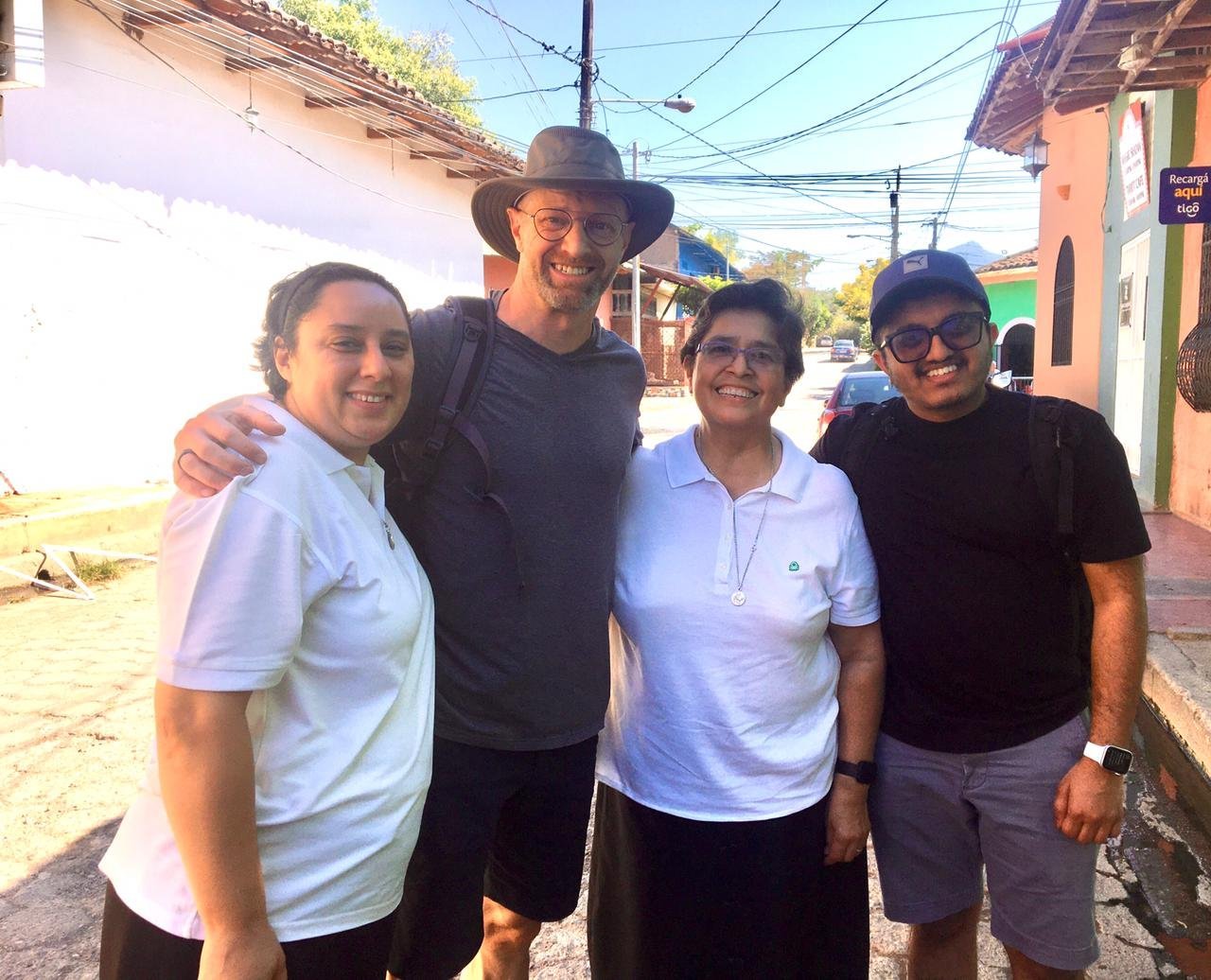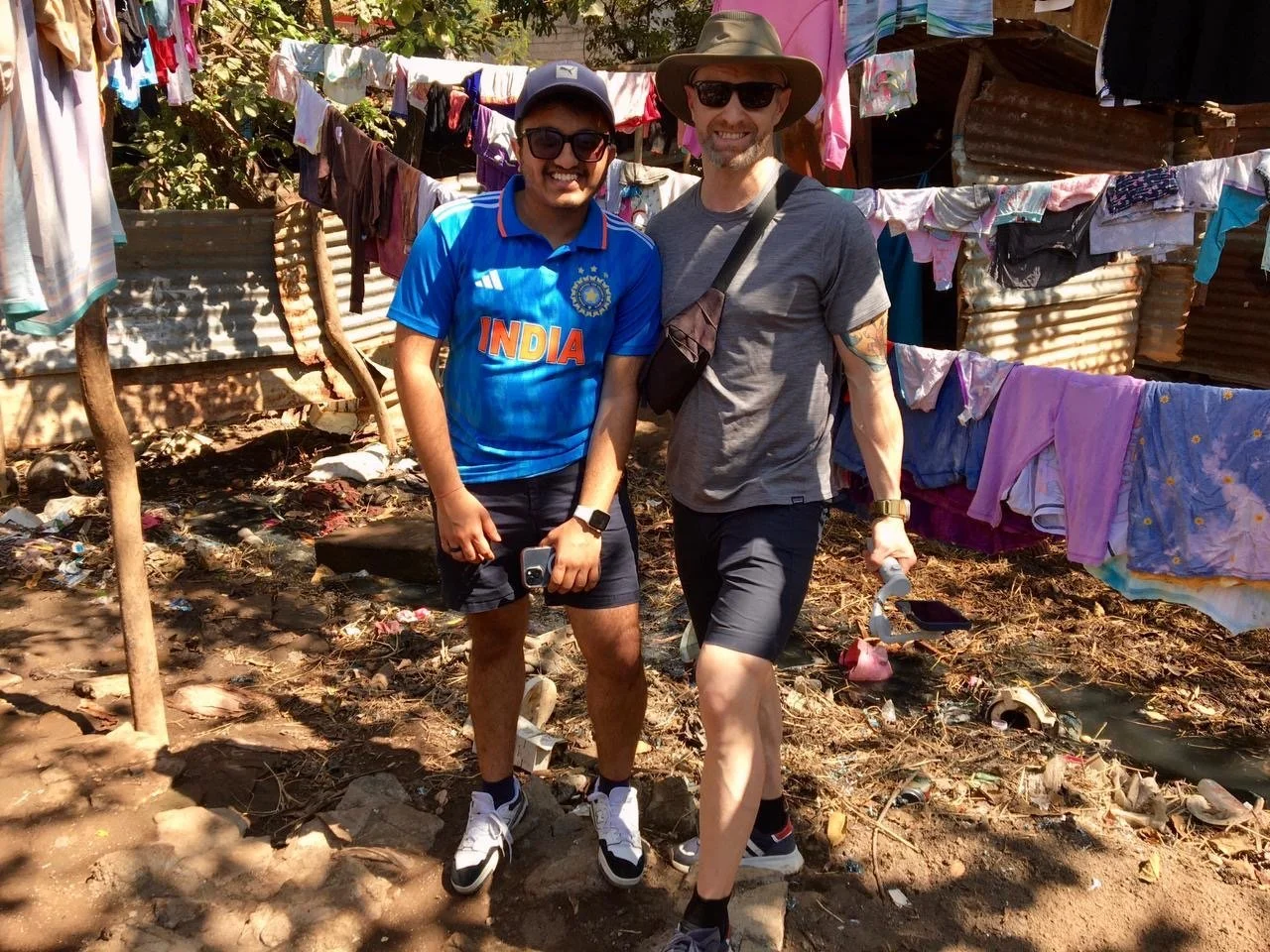
🍲 The Solar Stove Project – Tipitapa, Nicaragua - 2024
Why This Project Matters
Nicaragua is the second poorest country in the Americas, after Haiti. In the outskirts of Managua, a marginalized community known as the “dirty” or forgotten people faces extreme poverty and exclusion. Many families survive as sex workers, garbage pickers, or day laborers, earning just enough to get by.
For school-age children, food scarcity is a daily struggle. With the help of a church group abroad, the community managed to fund a small daily meal before school — but the high cost of electricity in Nicaragua consumed nearly half of their food budget.
The Challenge
Cooking meals for children was costing almost as much as the food itself. Nicaragua has some of the highest electricity rates in the world, leaving this community trapped between feeding children and paying utility bills. Without relief, children’s health and education were at risk.
Proposed Solution
Install a small solar PV system to provide renewable power for cooking.
Reduce electricity costs so funds can be redirected entirely to food.
Work with the University of Toronto’s Centre for Global Engineering (CGEN), Winds of Change, and RJI to design and implement the system.
Impact
Phase 1 Success (March 2023): A 4-panel, 4-battery solar PV system with a hybrid inverter was installed. The system now powers cooking, with the grid only used as an emergency backup.
After just two weeks of operation, the community reported 100% solar power usage with no reliance on the grid.
Families can now dedicate nearly all available funds to buying food, instead of splitting half toward electricity.
More consistent meals for children support better nutrition, school attendance, and long-term opportunity through education.



























